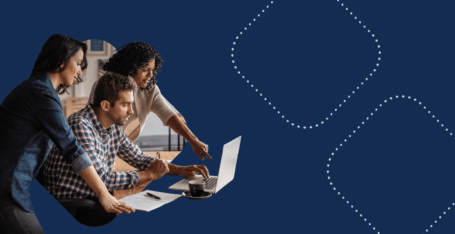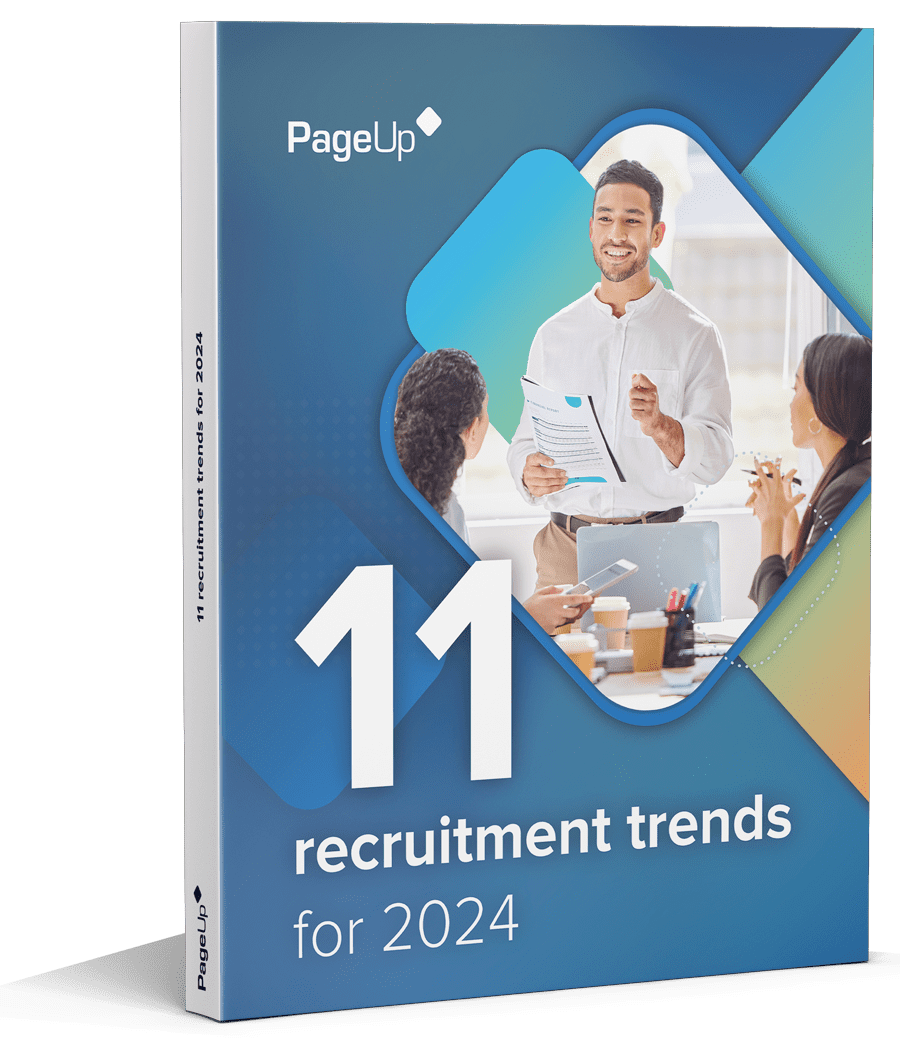The next decade will be one of enormous change – and we have no way of knowing what that change will be like. On the surface, a lot of those changes will be driven by technology. Moore’s Law drives the exponentially increasing speed of computation and the shrinking of components. Digitization drives instant delivery (e.g. money transfers) and zero marginal cost (e.g. music). Global connectivity drives instant sharing of information and the creativity that comes from that sharing.
These changes will have a huge impact on our workplaces – and it won’t just be that we have a faster computer on our desk.

The Robots Are Coming!
One of the big impacts will be in automation. Increasing computational speed will mean that robots can do more and more sophisticated tasks. And they can be trained more easily to do them. Natural language processing will mean that, where necessary, those robots can interact with humans through speech. Manufacturing jobs will be significantly impacted, with many of those jobs disappearing. However, it is not just manufacturing. Driverless cars, drone deliveries and robotic sales assistants will be just a few of the myriad other manifestations.
Of course, it is not just in the robotization of mechanical tasks (although this in itself will have a huge impact) but in the automation of professional work, that we will see profound change. We are already seeing the application of algorithms to recruiting. Intelligent systems manage applications for a position to identify the most suitable candidates. What happens when we have algorithms of algorithms – systems that are mining or managing the other systems to link roles and candidates without the candidate ever formally applying? And then analyzing the most suitable candidate’s social media profile to find the best way to convince them to take the role?
In other professional areas such as law, automated systems are also having an impact. Much of the drudge-work on which junior lawyers honed their skills is being replaced by smart systems; repetitive tasks such as conveyancing are being automated; experiments are well underway to develop machine-to-machine negotiation of contracts. While all of these things will make life simpler for young lawyers, how will they learn the skills of their profession without all that time spent on those basic tasks? Or is it more the case that the profession will need to change to incorporate those systems into their way of working?
Success in the future is likely to come from being able to work effectively with the system (not against it). And when those systems are able to work autonomously (e.g. machine-to-machine contract negotiation), will it only be lawyers who are able to use them? In the medical field, “Dr Google” is very popular. Once we have remote diagnostic devices linked to smart systems through our phones, the practice of medicine will need to change radically. Accountants, actuaries and architects are all facing similar change.
Developments such as these will change work and workplaces. It is the social implications that will have the greatest impact. Unless we move forward thoughtfully, we are at risk of driving an ever widening, and ever more dangerous, divide between those who have the skills to work in this new world and those who do not.
Political systems in the Western world are currently straining under pressure from those who are coming off second best from changes brought about by technology. Organizations will need to weigh up the trade-off between the potential for ever-increasing efficiency and the risks of a fractured society.

The Only Constant……Is Change
For leaders, success will mean navigating through a complex and rapidly changing environment. It is not only a case of “what got us to here, won’t get us to there”, but “what worked last week, won’t work this week”. In a complex system, the workings of the system are not obvious. Making sense of what is happening is a constant challenge made worse when the pace of change is rapid – and accelerating!
Nicolas Taleb, most famous for his introduction of “black swan events” into our everyday business conversations, also wrote a book called Anti-Fragile. In this lesser known volume, he explains that the opposite of “fragile” is not “robust”, it is “anti-fragile”. Robust systems respond to change by trying to be strong enough to resist the force. Anti-fragile systems have the flexibility and agility to be stronger as a result of interacting with the forces of change. The beachside palm tree is a good example. If we are to succeed in our rapidly changing world, we should aim not to be robust, but to be anti-fragile.
To be anti-fragile, we will need to be much more open to experimentation. From evolutionary biology, we know that the species that survive are the ones who are best able to adapt. How do they adapt? They are always experimenting – small mutations in their genetic makeup test small changes to their looks, their internal systems and their interactions with their environment. Some of these adaptations are successful and some aren’t. The successful ones are retained – and the experimentation continues. It is this constant experimentation that drives survival. We need to think the same way in our organizations. To deal successfully with rapid change, we need rapid experimentation.
We will also need to be much better at listening to what people on the front line are telling us. One of the keys to leading in complex environments is to listen to different perspectives. To do this well, we will often need to suspend our previous assumptions about what works and be open to new ways of making sense of what is happening.

So Where-To Now?
Both experimentation and listening require a perpetual curiosity and willingness to learn. The organizations – and the leaders – who will thrive will be the ones who learn most effectively.
Given the social changes that technology is driving, leaders would also be wise to remain connected to the social purpose that their organization fulfills. Successful organizations will be able to create value for themselves by creating value for the communities in which they operate.
In Chinese, there is a phrase “wei ji” which is often translated as “crisis”. It is the conjunction of two ideas: danger and opportunity. It is a useful phrase for these times. Wherever there is opportunity there is danger, and wherever there is danger there is opportunity. Wise leaders will remember this, tread carefully and always be optimistic about finding the next opportunity as this complex future unfolds.
This piece was taken from the PageUp publication, CLIFFHANGER – HR on the Precipice in the Future of Work which addresses the major factors impacting the current HR and business landscape. Modelled off the book, PageUp is conducting a one-day intensive workshop across multiple cities, entitled CLIFFHANGER BOOTCAMP, that will explore emerging business and HR challenges and develop practical strategies that delegates can use to navigate their careers and organisationsorganizations into the digital age.
Find out more about CLIFFHANGER BOOTCAMP here or consider implementing innovative recruitment software or HR data analytics into your company today.
Fresh insights for HR
Stay up to date with HR trends, tips and more when you sign up for our industry newsletter






